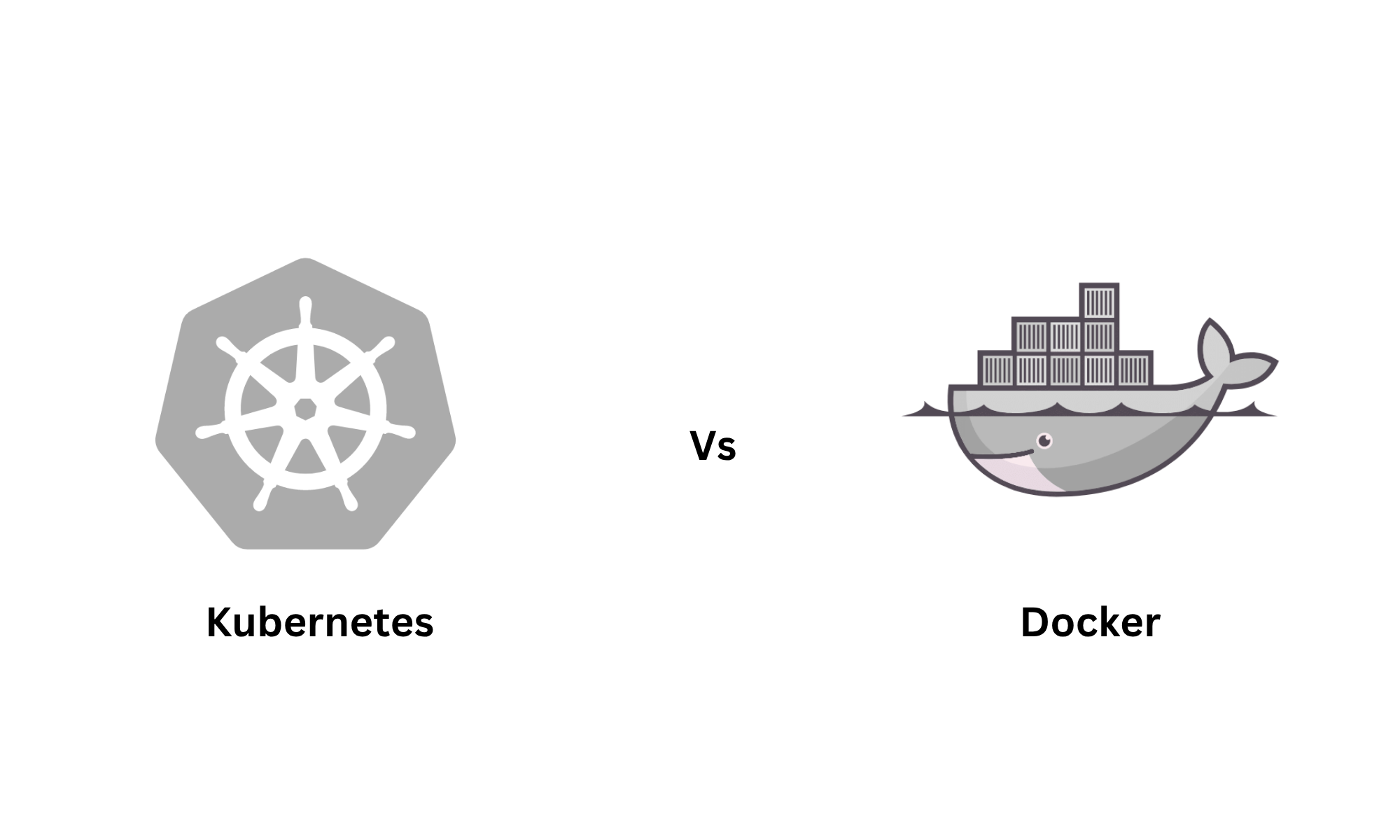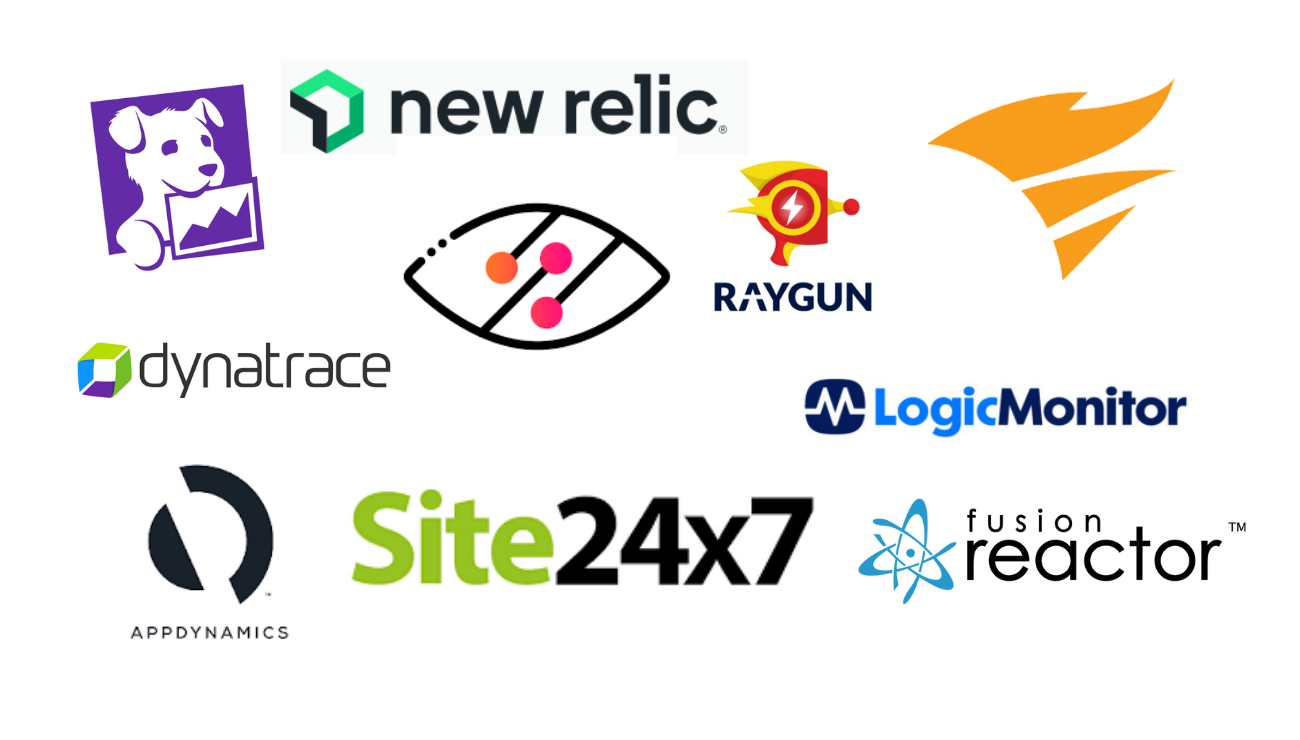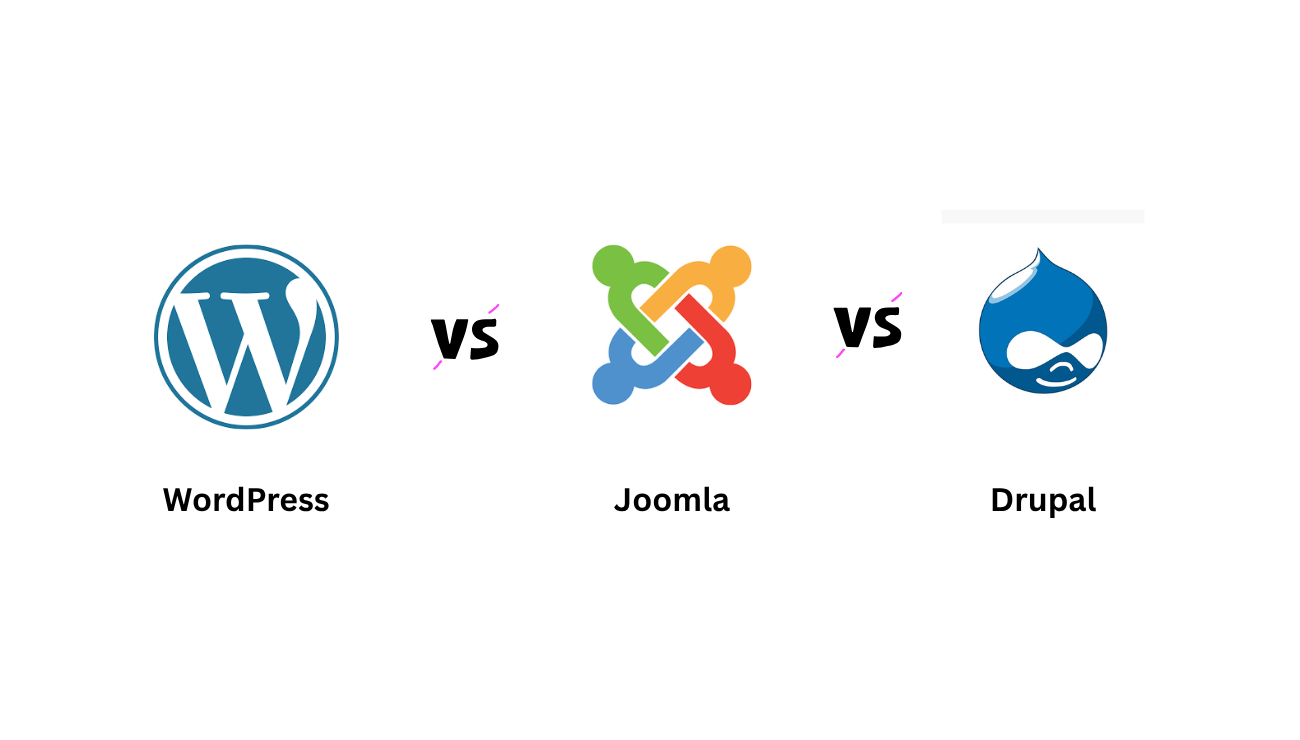
📌 Introduction
In the realm of modern application development, Docker and Kubernetes have emerged as foundational technologies. Docker revolutionizes the way applications are packaged and run, while Kubernetes provides a robust platform for managing and scaling those applications. Understanding the distinctions and synergies between them is crucial for developers and organizations aiming to build efficient, scalable, and maintainable systems.
🔍 What is Docker?
Docker is a containerization platform that allows developers to package applications and their dependencies into a standardized unit called a container. These containers can run consistently across various computing environments, ensuring that applications behave the same regardless of where they're deployed. Docker simplifies the process of building, sharing, and running applications, making it an essential tool for developers. Atlassian
⚙️ What is Kubernetes?
Kubernetes, often abbreviated as K8s, is an open-source container orchestration platform designed to automate the deployment, scaling, and management of containerized applications. It groups containers into logical units called pods, which can be deployed across a cluster of machines. Kubernetes offers features like load balancing, self-healing, and automated rollouts, making it ideal for managing complex applications at scale. Wikipedia
🔄 Docker vs Kubernetes: Key Differences
| Feature | Docker | Kubernetes |
|---|---|---|
| Primary Function | Containerization of applications | Orchestration and management of containers |
| Scope | Operates on a single host | Manages containers across multiple hosts |
| Use Case | Ideal for development and testing environments | Suited for production-grade, large-scale deployments |
| Complexity | Simple to set up and use | Requires more setup and configuration |
| Scaling | Manual scaling | Automated scaling with horizontal pod autoscaling |
| Networking | Basic networking capabilities | Advanced networking features like service discovery and load balancing |
| Storage | Limited persistent storage options | Persistent storage with StatefulSets and volume claims |
🤝 How Docker and Kubernetes Work Together
While Docker and Kubernetes serve different purposes, they are often used in tandem. Docker packages applications into containers, and Kubernetes manages these containers at scale. In a typical workflow, developers use Docker to create container images, which are then deployed and managed by Kubernetes in a production environment. civo.com
✅ When to Use Docker
Consider using Docker when:
-
Developing Locally: You need a consistent environment across different development machines.
-
Testing Applications: Isolating applications for testing purposes.
-
CI/CD Pipelines: Automating the build and deployment process in continuous integration and delivery pipelines.
✅ When to Use Kubernetes
Opt for Kubernetes when:
-
Managing Microservices: You have multiple microservices that need to be orchestrated and scaled.
-
Handling Large-Scale Deployments: Deploying applications across a cluster of machines.
-
Ensuring High Availability: Implementing self-healing mechanisms and load balancing.
🏁 Conclusion
Docker and Kubernetes are complementary technologies that, when used together, provide a powerful solution for developing, deploying, and managing containerized applications. Docker simplifies the creation and packaging of applications, while Kubernetes offers robust orchestration capabilities for managing those applications at scale. Understanding their roles and how they interact is essential for building modern, scalable applications.




